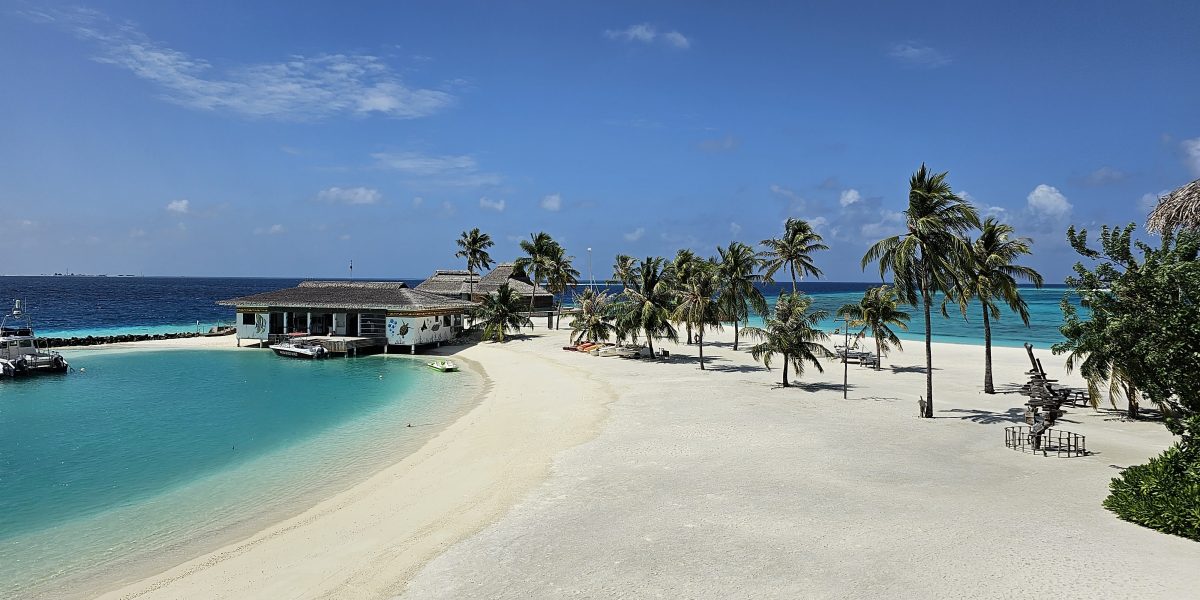Effective from 19 March 2025, the Fifteenth Amendment to the Tourism Act (Law No. 2/2025) brought significant reforms to the legal framework guiding tourism development in the Maldives. The amendment introduces key updates across several critical areas, including the allocation of land and lagoons, lease extension policies, redevelopment approvals, advertising regulations, and the establishment of dedicated financial mechanisms. Collectively, these revisions reflect the government’s ongoing commitment to building a more dynamic and sustainable tourism industry.
Zoning and Land Use: Clarifying Authority and Development Rights
The Fifteenth Amendment strengthens the legal clarity around land and lagoon allocation for tourism purposes. While Island and City Councils retain the authority to designate land within inhabited islands and cities for tourism in accordance with approved urban development plans, the amendment confirms that the President alone has the authority to allocate uninhabited islands and lagoons, even those within council jurisdictions.
Crucially, the amendment upholds existing restrictions, reaffirming that only tourist guesthouses and hotels may be developed on land designated by councils, ensuring that more intensive developments like resorts are restricted to areas designated at the national level.
Lease Extensions: Flexible, Yet Time-Bound Opportunities
In one of the most significant updates, the amendment introduces a flexible lease extension framework. Developers now have a limited-time opportunity—until 18 September 2025—to apply for extensions up to 99 years through lump sum or installment payment options.
New Lease Extension Options at a Glance:
| Current Lease Status | Extension Offered | Payment Terms | Conditions |
| <50 years | Up to 50 years | USD 100,000/year (lump sum) | Apply before 18 Sept 2025 |
| <50 years | Up to 50 years | USD 200,000/year (lump sum) | Apply after 18 Sept 2025 |
| 50 years | Up to 70 years | USD 2.5M (lump sum) | Apply before 18 Sept 2025 |
| 50 years | Up to 75 years | USD 3M (lump sum) | Apply before 18 Sept 2025 |
| 50 years | Up to 99 years | USD 5M (lump sum) | Apply before 18 Sept 2025 |
| 50 years | Up to 99 years | USD 1.5M upfront + USD 4M in 1 year | Apply before 18 Sept 2025 |
| 50 years | Up to 99 years | USD 1.5M upfront + USD 4.5M in 2 years | Apply before 18 Sept 2025 |
| 50 years | Up to 99 years | USD 10M (lump sum) | Apply after 18 Sept 2025 |
Failure to complete installment payments within the stipulated timeframe will render the lease extension void, although paid amounts may be credited against future lease rents. Further procedural guidance is expected via Ministry regulations.
Redevelopment Closures: Introducing Regulated Flexibility
The amendment introduces a mechanism for temporarily closing resorts for redevelopment. Such closures require prior approval from the Ministry of Tourism and must be formalized via amendments to the head lease.
If a resort fails to reopen or resume operations within the approved redevelopment period, the Ministry has the authority to cancel the lease without compensation. Unauthorized closures similarly empower the Ministry to terminate agreements.
Mandatory Compliance Codes by 2026
To enhance operational and safety standards, all tourism establishments are now required to develop a Compliance Code by 19 March 2026. This code must reflect core safety and service standards, aligned with criteria set by the Ministry of Tourism. This move aims to institutionalize consistent service delivery across the sector.
Advertising Regulations: Promoting with Integrity
The amendment introduces strict guidelines on how tourism establishments may advertise their services. Only licensed properties can promote themselves, and advertisements must:
- Represent the property by its official type and category
- Disclose accurate, complete information about services and amenities
- Reflect only the approved operational classification
Properties under development may advertise with special permission from the Ministry, provided they meet minimum regulatory standards. Additional rules will be established in forthcoming regulations.
Tourism Trust Fund: Financial Backbone for Sustainable Growth
A cornerstone of the amendment is the establishment of the Tourism Trust Fund, replacing the former Tourism Industry Trust Fund. Managed independently by the Ministry of Tourism, this Fund is guided by a Tourism Trust Fund Management Committee and is designed to:
- Provide grants for tourism development and community impact projects
- Fund training and education in the sector
- Support sustainable investments and strategic national goals
Sources of Capitalization Include:
- Sponsorships and partner contributions
- CSR payments from tourism operators
- Returns on Fund investments
- Other legally designated sources
Annual financial reports must be submitted to the President, Parliament, and the Auditor General, ensuring transparency and accountability.
Expanded Cross-Subsidy Policy
Under previous rules, cross-subsidy allocations of islands or land were permitted only for projects aligned with designated government economic or social policies. The Fifteenth Amendment expands this scope, allowing allocations based on any government-determined policy that serves the public interest, giving the state broader strategic flexibility.
A Future-Ready Tourism Framework
The Fifteenth Amendment to the Tourism Act positions the Maldives for a more structured, sustainable, and investment-friendly tourism environment. By clarifying zoning authority, offering flexible lease extensions, regulating redevelopment, and institutionalizing financial and promotional integrity, the government is charting a future-focused course for the nation’s leading economic sector.
As the industry adapts to these changes, stakeholders must remain proactive in aligning with the new legal and operational landscape—ensuring that the Maldives continues to thrive as a premier global tourism destination.

